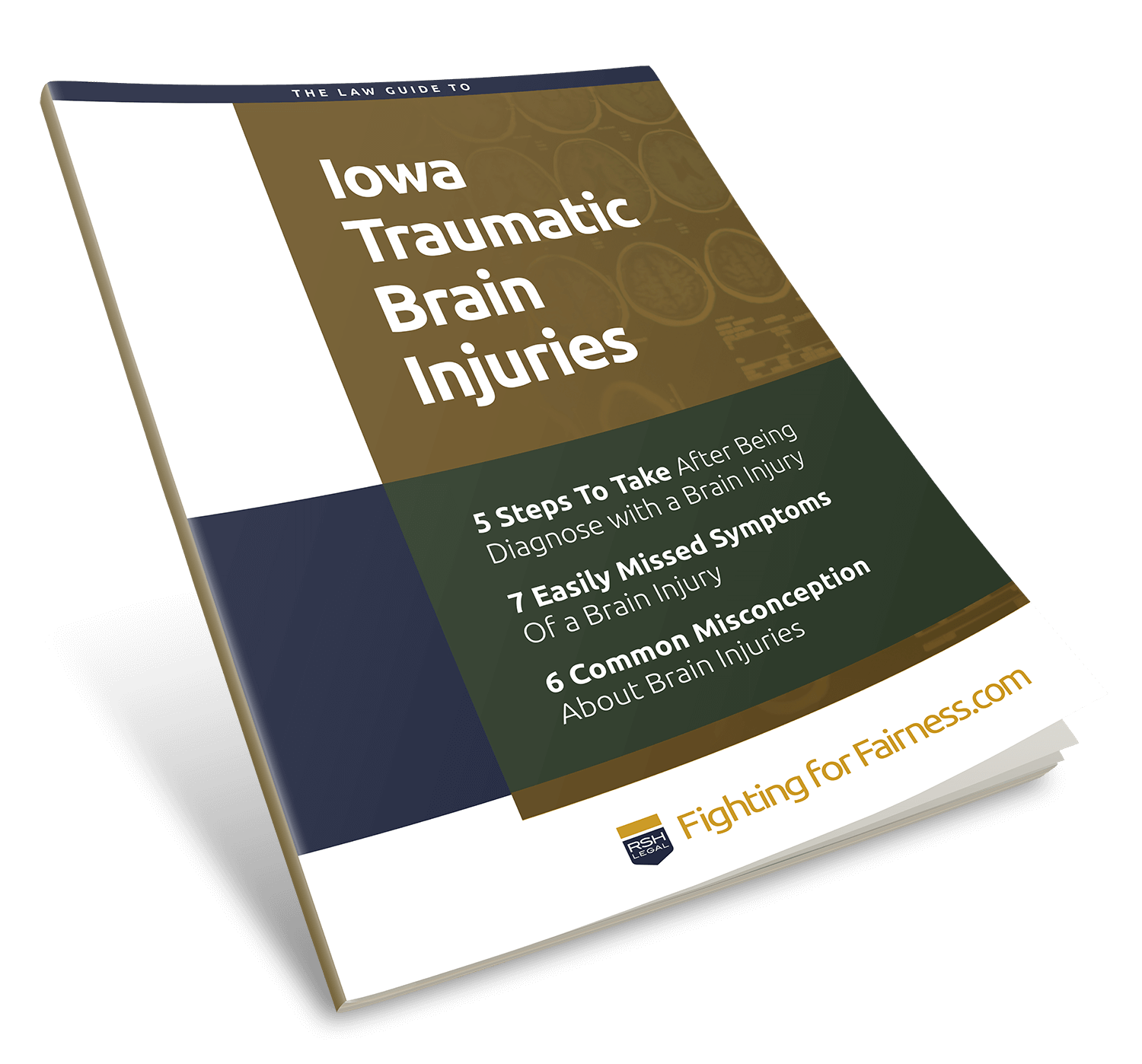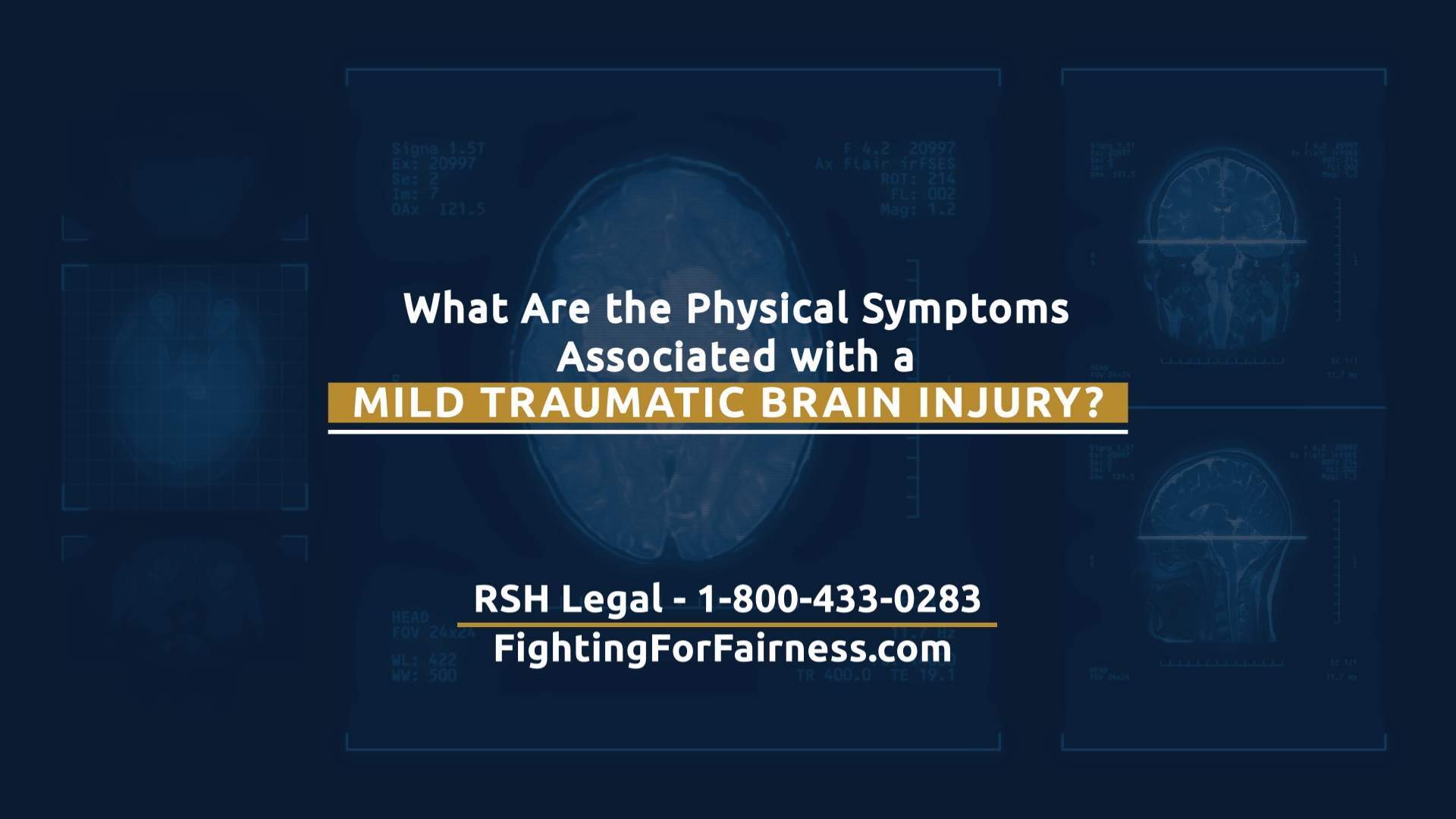If you have recently been hurt because of someone else’s fault, you may have thought the extent of your injuries were ones you could see – like bruises or broken bones. But one thing that many people don’t consider is that they may have suffered a traumatic brain injury during their accident as well.
Whether you were injured at work, hurt by a doctor or other healthcare professional, or hit by a negligent driver, traumatic brain injuries can happen a variety of different ways. Below are 7 easily-missed symptoms of a brain injury. If you are experiencing any of these symptoms, contact your doctor.
Symptom 1: Headaches
Headaches are the most common symptom reported after a brain injury. The cause of these headaches can easily be mistaken for neck strains, like whiplash suffered in a car crash, or other common injuries. It is important to speak with a doctor before you take any medication for your headache, as the medication may mask symptoms and keep the person from realizing the seriousness of their injury.
Symptom 2: Confusion or disorientation
It is common to dismiss confusion or disorientation as being caused by the shock following an accident. However, if these symptoms continue for hours or even days after the accident, it could be a sign of a brain injury.
Even mild brain injuries, like concussions, can cause confusion or disorientation. This altered mental state may last up to 30 minutes after the initial accident. Even though it is called a mild traumatic brain injury, the lasting symptoms can be devastating. That is why we always recommend seeing a doctor as soon as possible following an injury, no matter how minor.
Symptom 3: Memory loss
Amnesia is common following an accident. You may not remember what happened before or after an accident, or even the accident itself. Memory loss occurs in between 30-50% of brain injuries. If there were witnesses to the accident, ask them what happened. This could help to later diagnose a brain injury.
Depending on the severity of the brain injury, memory loss may also continue beyond the accident. You may struggle with learning new things or remembering new information long after the injury first occurred. If this happens to you, talk with an experienced Iowa brain injury lawyer. They can help you get a fair settlement for your continuing symptoms.
Symptom 4: Impaired thinking and judgment
Reaction times, judgment, decision-making, and concentration can all be affected after a brain injury. You may find that it’s suddenly difficult to make decisions that were easy to make before your accident, or may have trouble focusing. If you feel your thinking or judgment has been impaired due to your injuries, speak with a doctor.
Symptom 5: Emotional reactions
This is another symptom that is often dismissed as accident-related stress. However, these mood swings may last long after the initial shock of the accident has subsided.
Some of the more common emotional reactions include irritability and depression. These two in particular are common because you may have difficulty completing daily tasks or activities after an accident. This can be frustrating or disheartening, especially if you are used to being independent.
Symptom 6: Sensitivity to light or sound
Someone who has experienced a traumatic brain injury may need time to rest and recover in a dark and quiet area. Lights and sounds may trigger symptoms, which is why TV and cell phone usage should be limited while you are recovering.
During the recovery period, light and sound should be slowly reintroduced to test your limits. Recovery times will vary from person to person, and, in severe cases, sensitivity may never fully disappear.
Symptom 7: Tinnitus
Tinnitus, or ringing in the ears, can cause disruption in a person’s life. It can occur temporarily after an accident or last for months. It can manifest as a buzzing, clicking, ringing, or hissing sound. Tinnitus can lead to headaches, fatigue, lack of concentration, or depression.
If you have more questions about brain injury symptoms, download our free Law Guide to Traumatic Brain Injuries.




